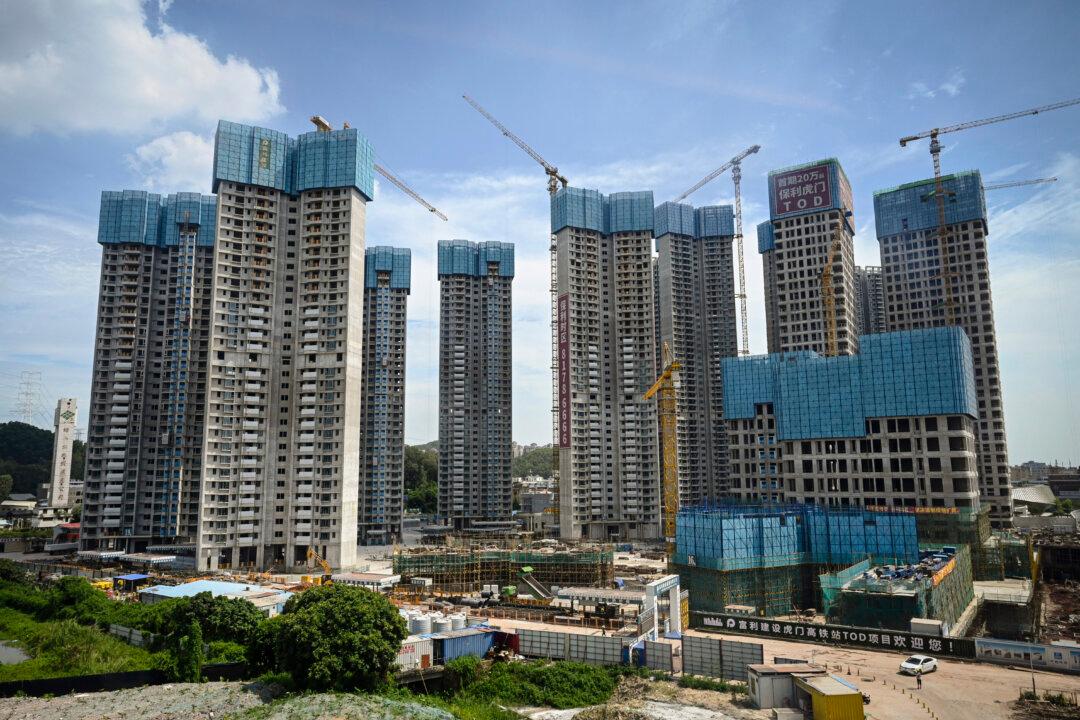Commentary
As long ago as 2007, former Chinese Premier Wen Jiabao declared that China’s economic growth trajectory was “unstable, unbalanced, uncoordinated, and unsustainable.”

As long ago as 2007, former Chinese Premier Wen Jiabao declared that China’s economic growth trajectory was “unstable, unbalanced, uncoordinated, and unsustainable.”